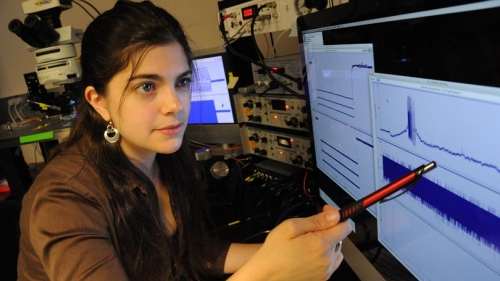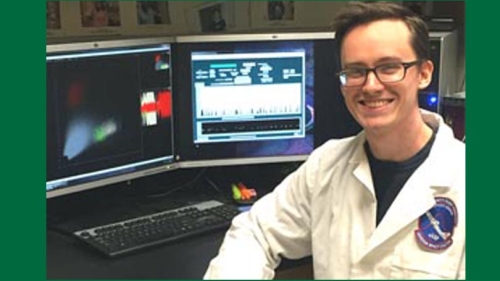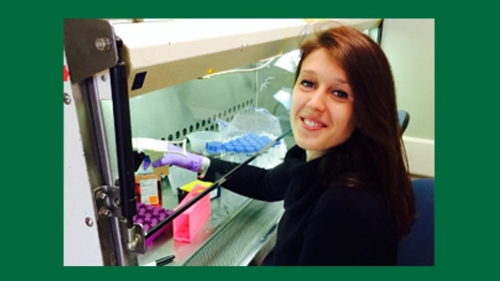GRAD Alumni Research Award Recipient: Emily Stephens, PEMM
Depression, which affects approximately 8% of Americans over the age of 12, is a prevalent psychiatric disorder characterized by tiredness, sadness, lack of interest in daily activities, reduced concentration, reckless behaviors, and in some extreme cases, suicidal ideation.
[more]



